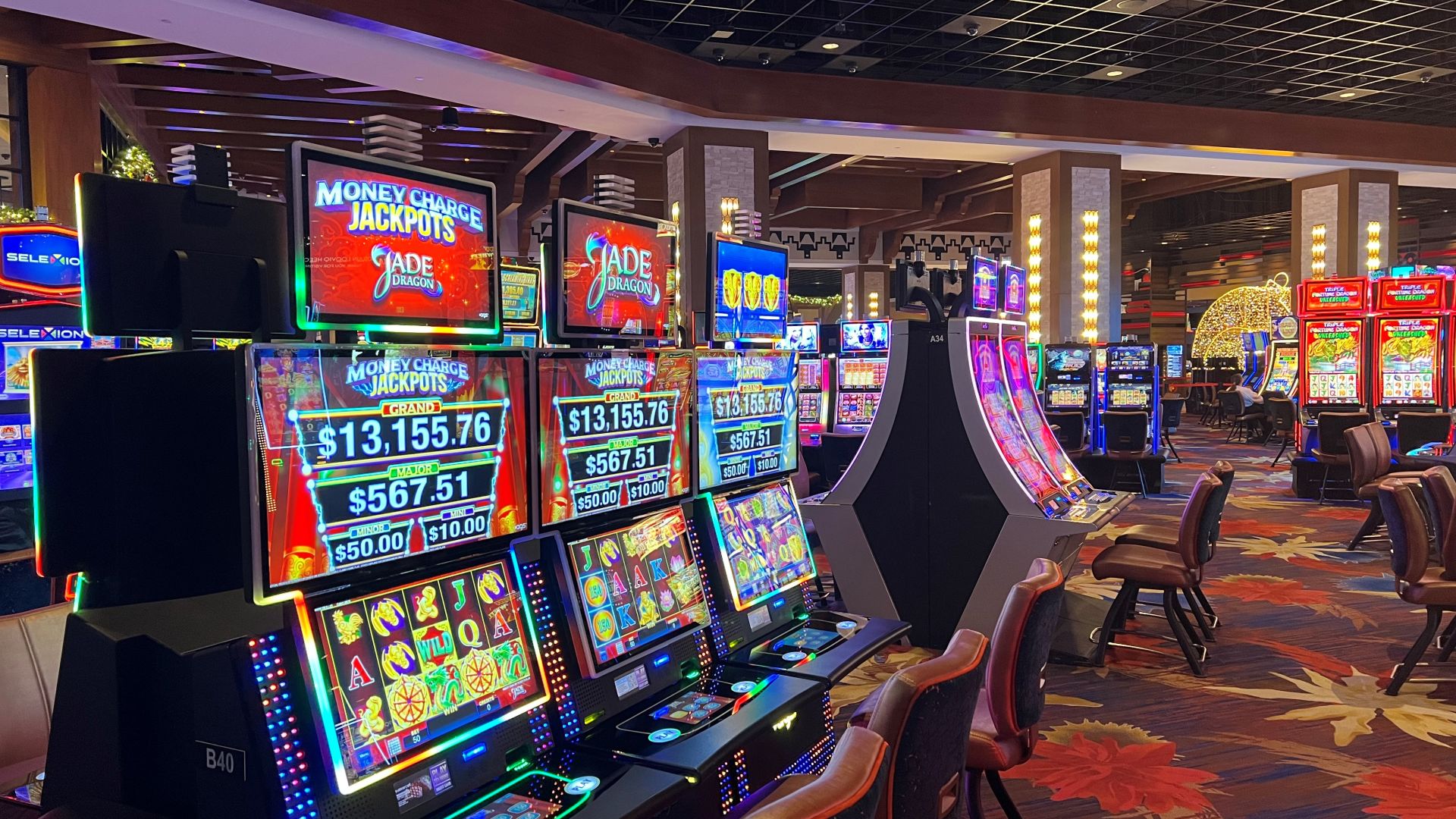Myth 1: Slot machines are "due" for a payout after a certain period
Fact: Slot machines operate on random number generators (RNGs), ensuring that each spin's outcome is entirely random and independent of previous spins. There is no built-in mechanism that makes a machine "due" for a payout after a specific number of spins. Each spin is a separate event with equal chances of winning or losing.
Myth 2: Playing at a certain time of day increases your chances of winning
Fact: Slot machines operate on RNGs, which generate random outcomes regardless of the time of day. The notion that playing at a specific time increases your chances of winning is purely a myth. The results are purely random and unaffected by external factors such as the time of day or day of the week.
Myth 3: Slot machines can be "hot" or "cold"
Fact: Slot machines do not have a memory and cannot be "hot" or "cold." The idea that a machine has a "hot" streak after paying out or a "cold" streak after a series of losses is false. Each spin's outcome is determined by the RNG and is not influenced by previous results.
Myth 4: Pulling the lever instead of pressing the button improves your odds
Fact: Whether you pull the lever or press the button, the outcome of the spin remains the same. The method used to initiate the spin, whether physical or digital, has no effect on the odds or the outcome. The game's outcome is determined by the RNG, which is activated when the spin button is pressed.
Myth 5: Casinos can control the outcome of slot machines remotely
Fact: Slot machines operate on RNGs, which are built-in software programs that generate random outcomes. These programs are not controlled remotely by casinos to manipulate results. Regulatory authorities ensure the fairness and integrity of slot machines to protect players.
Myth 6: Higher denomination slot machines offer better odds
Fact: The denomination of a slot machine has no direct impact on the odds of winning. The payout percentages and odds are determined by the game's design, RNG, and the paytable. Higher denomination machines may have larger maximum payouts, but the odds of winning are not inherently better compared to lower denomination machines.
Myth 7: Playing with a player's club card reduces your chances of winning
Fact: Using a player's club card or loyalty card has no effect on the outcome of a slot machine spin. The purpose of these cards is to track your play for rewards and benefits, not to manipulate the odds. The RNG determines the results, regardless of whether you use a player's club card or not.
Conclusion
Debunking common myths about slot machines is crucial for a more accurate understanding of how they operate. Remember, slot machines are based on random number generation and operate independently of external factors such as time of day or previous outcomes. The outcome of each spin is entirely random and not influenced by past results. Understanding these facts can help you approach slot machine play with a clear understanding of the game's mechanics and true odds.






